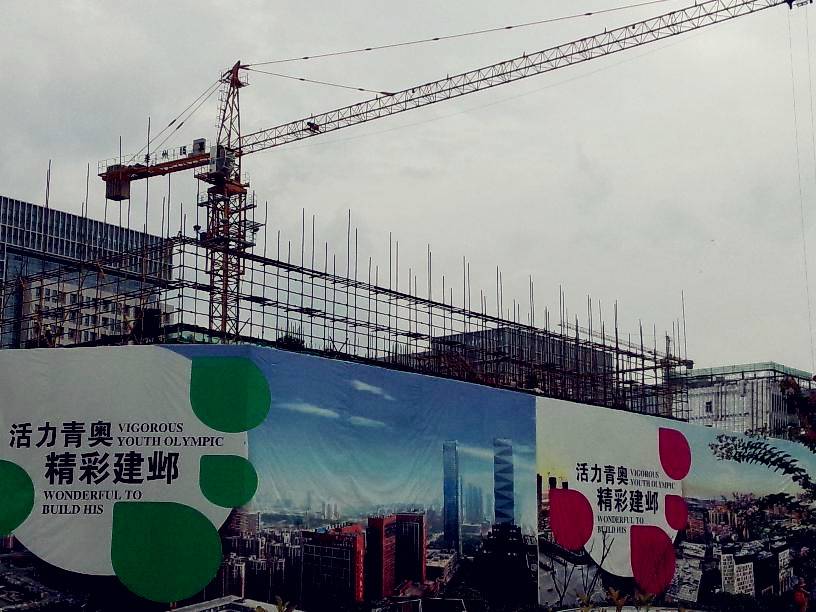Today’s Chinese translation market is more chaotic than ever, the biggest problem is that it’s really hard to distinguish qualified translators or translation companies from bad ones, and to find the right person could be much harder, especially for customers who don’t know the target language well.
Universal education of English in China has created countless people who know some English but are not really good at it. Many primary and intermediate English learners, including university students, English lovers and unemployed non-English major graduates who know little about translation, manage to get translation work for very low prices (20 to 30 yuan per 1,000 Chinese characters or even lower),. As a result, even qualified translators find it hard to get any work at a reasonable price.
At popular Chinese social network douban.com, even some English M.A students and graduates accept translation jobs for prices around 50 yuan per 1,000 Chinese characters, too low to urge a professional translator to do his jobs really carefully, thus creating a wrong impression that English or translation majors are no better than those amateurs.

Translation on Posters of upcoming Nanjing 2014 Youth Olympic Games
This situation harms development of qualified translators, because if English specialists could not get translation work for an acceptable price, they may have few opportunities to practice what they’ve learnt, but practices are essential on the way to a good translator. You can see, the process of “Bad Money Drives out Good Money” is causing a vicious cycle.
Translation companies are also largely to blame in the process. Many of the companies, perhaps most, are far from being responsible; they hire inexperienced part-time translators to do most of their work, in order to make as much profits as possible from big price differences.
This largely explains why many translation companies failed in recent years. Today some translation companies even ask freelancers for businesses as they cannot get enough documents to translate. Their only advantage compared to freelancers is the ability of invoicing.
Failure of unqualified translation companies won’t change the bad situation much, for clients can still turn to amateur translators easily through social networks, they either don’t care about quality of translation or don’t understand how poor the quality could be.
To discuss crisis faced by translation industry, more and more related forums are held in the past two years, attracting some experts and entrepreneurs, but the organizers often charge fancy ticket prices (500-1000 yuan for attending), making their incentive seem doubtful. Such ticket prices certainly daunt most real practitioners – translators.
These problems have no easy solution, showing a dim prospect of the translation industry in China.

